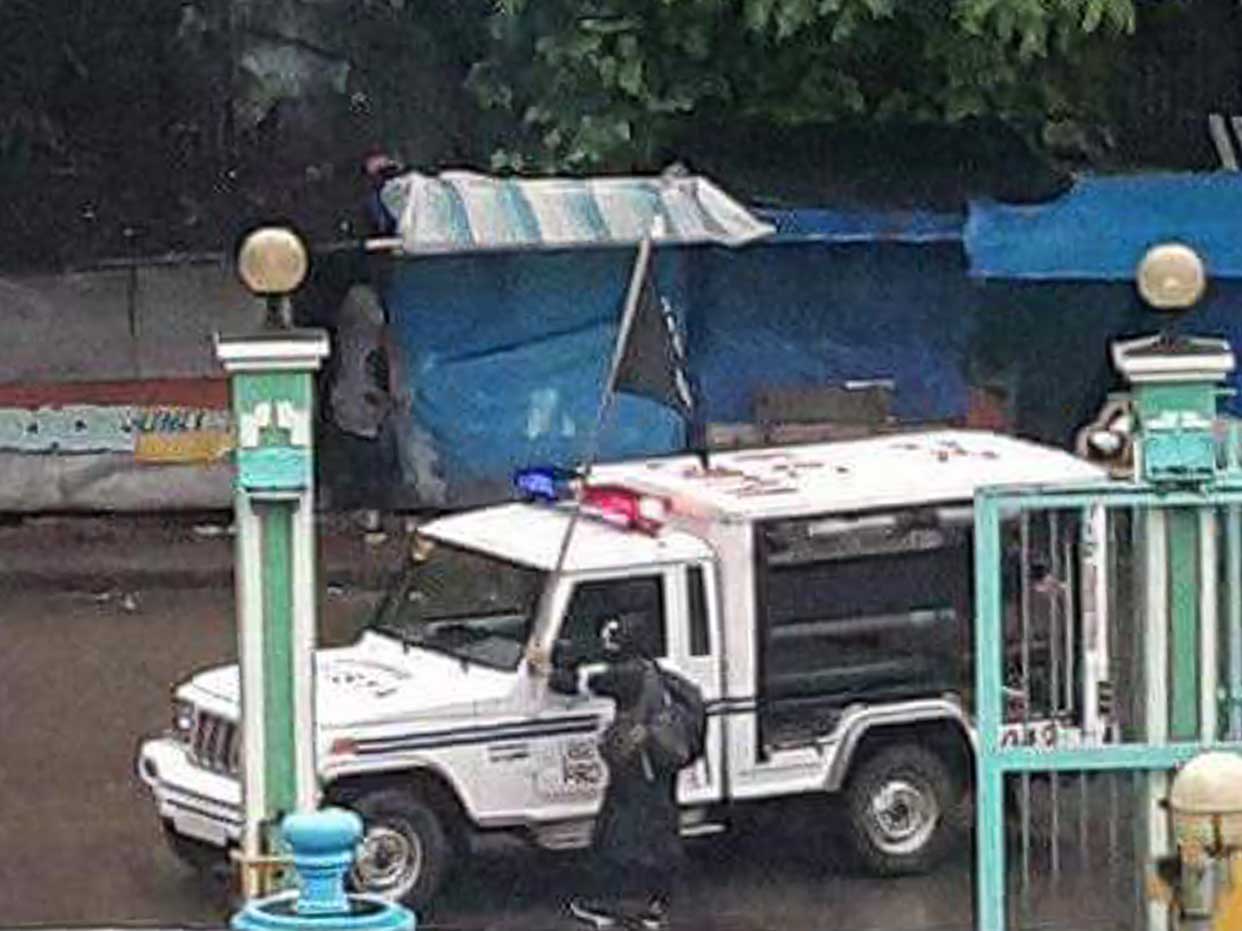Philippines' Rodrigo Duterte declares martial law on island
President takes action after violence breaks out between army and up to 100 armed militants

A free daily email with the biggest news stories of the day – and the best features from TheWeek.com
You are now subscribed
Your newsletter sign-up was successful
Philippine President Rodrigo Duterte has declared a 60-day period of martial law on Mindanao island, following clashes between the army and militants with links to Islamic State.
Violence erupted in the city of Marawi after security forces raided the home of Isnilon Hapilon, commander of the Philippines' brutal Abu Sayyaf terror group.
Militants from a Muslim rebel group called the Maute, also known as the Islamic State of Lanao, took to the streets armed with automatic weapons.
The Week
Escape your echo chamber. Get the facts behind the news, plus analysis from multiple perspectives.

Sign up for The Week's Free Newsletters
From our morning news briefing to a weekly Good News Newsletter, get the best of The Week delivered directly to your inbox.
From our morning news briefing to a weekly Good News Newsletter, get the best of The Week delivered directly to your inbox.
"As many as 100 gunmen laid siege to the city of 200,000, the city hall, a hospital, the jail, a college and some houses in one of the boldest attacks seen in years," The Australian newspaper says.
General Eduardo Ano confirmed that at least one police officer was killed and eight more wounded.
Duterte said he would keep the island under military rule for a year if necessary.
"I was asked how I would deal with terrorism. I said I'd be harsh. I told everyone, 'Do not force my hand into it,'" he said.
A free daily email with the biggest news stories of the day – and the best features from TheWeek.com
Duterte made the announcement while on a visit to Russia as "part of an attempt to reorient his country's geopolitical alliance further away from the US and towards Moscow", The Guardian says.
During his talks with Russian President Vladimir Putin, Duterte also said the Philippines "needed more modern weapons to fight IS militants and other militant groups", the BBC says.